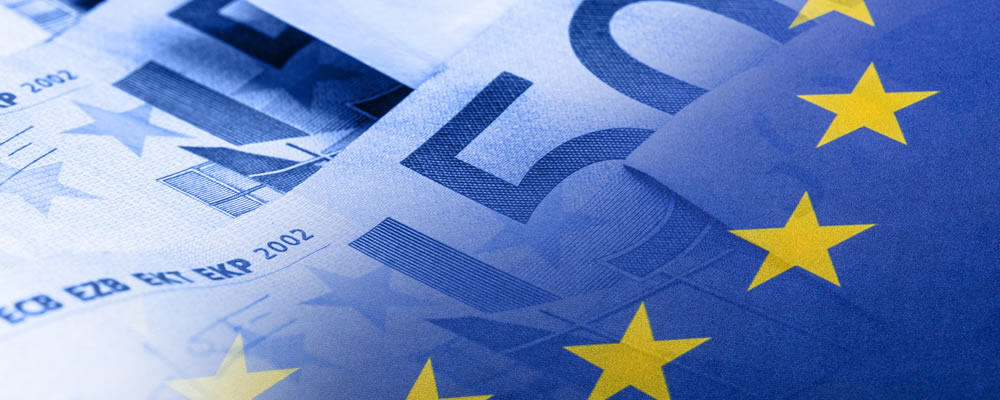EUR/AUD Exchange Rate Rises as Italy and EU Arrive at Consensus on Rome’s Budget
The Euro Australian Dollar (EUR/AUD) exchange rate is up today, and is currently trading at AU$1.6053 after Italy agreed to cut back its controversial budget deficit to avoid the European Union’s (EU) sanctions.
The Euro’s (EUR) gains were somewhat cut back by yesterday’s release of Germany’s PPI figures for November which showed a decrease to 0.1% against last month’s 0.3%.
The Australian Dollar (AUD) was weakened yesterday after the release of Australia’s unemployment rate figures showed an increase, denting market confidence.
The interest rate hike from the US Federal Reserve has also shaken global markets, leaving the risk-averse Australian Dollar (AUD) in a sensitive position as traders sell off the weakening currency amid signs of a lacklustre global economy.
Euro to Australian Dollar (EUR/AUD) Exchange Rate Up as Italy and EU Achieve ‘Victory in Political Dialogue’
The Euro (EUR) was strengthened after Italy and the EU arrived at a compromise over Italy’s budget deficit, with EU Economic and Financial Commissioner Pierre Moscovici commenting that the new agreement is ‘a victory of political dialogue’ and will furthermore strengthen the single currency.
Italy had previously set its budget deficit to 2.4% of GDP, which contradicted EU rules, but has now agreed to lower it to 2.04%.
Vladis Dombrovskis, the European Commission Vice-President, commented:
A lot of hard work and negotiation went into finding solution on the Italian budget. Let's face it: the solution on the table is not ideal. But it allows us to avoid an Excessive Deficit Procedure at this stage, provided that the agreed measures are fully implemented #EU #Italy
— Valdis Dombrovskis (@VDombrovskis) December 19, 2018
Tomorrow will see the publication of Germany’s Gfk consumer confidence survey for January which is expected to decrease, potentially dampening market confidence ahead of the New Year.
AUD/EUR Exchange Rate Dips Despite Promising Employment Figures
The Australian Dollar (AUD), meanwhile, failed to find strength from today’s release of the employment change figures for November, which showed a better-than-expected increase at 37.0K against last month’s 2.87K.
These gains were clipped by an increase in unemployment rates for November, which showed a rise against last month’s figures.
Following these was the release of the fulltime employment figures for November, which decreased to -6.4K against last month’s 39.4K.
Tom Kennedy, a Global Fixed Income Strategist for JP Morgan, commented on Australia’s recent employment figures:
‘There are no immediate implications for monetary policy from today’s release. Stability in the unemployment rate around these levels offers the [Reserve Bank of Australia] flexibility to adjust policy to any future activity/financial stability shocks should that be necessary.’
EUR/AUD Outlook: Brexit and Global Economic Uncertainty to Remain in Focus
The EUR/AUD exchange rate is likely to be affected by political factors in the coming weeks, with few data releases due until after Christmas.
Brexit will remain in focus for EUR investors with the British Prime Minister rallying to gain support for her UK-EU withdrawal agreement, with fears that she will fail to secure a deal weighing on confidence in EUR.
‘Aussie’ investors will be taking note of any developments in the global economy, and particularly paying attention to any more signs of weakness in China’s economy following yesterday’s alleged withholding of some poor manufacturing figures.
EUR investors meanwhile will be looking to see any signs of an increase in tomorrow’s publication of the Eurozone consumer confidence figures for December.
After Friday there will be few data releases of note for either currency until after the Christmas period, with any sudden political developments affecting the EUR/AUD exchange rate.



